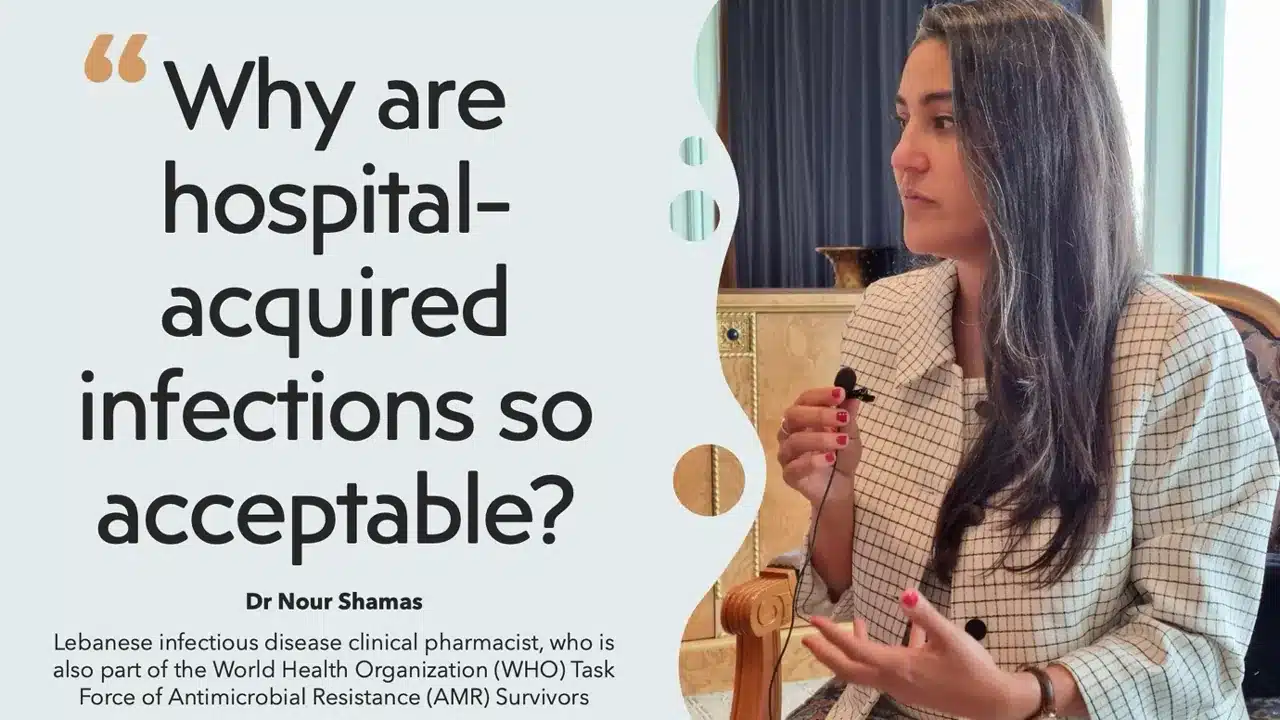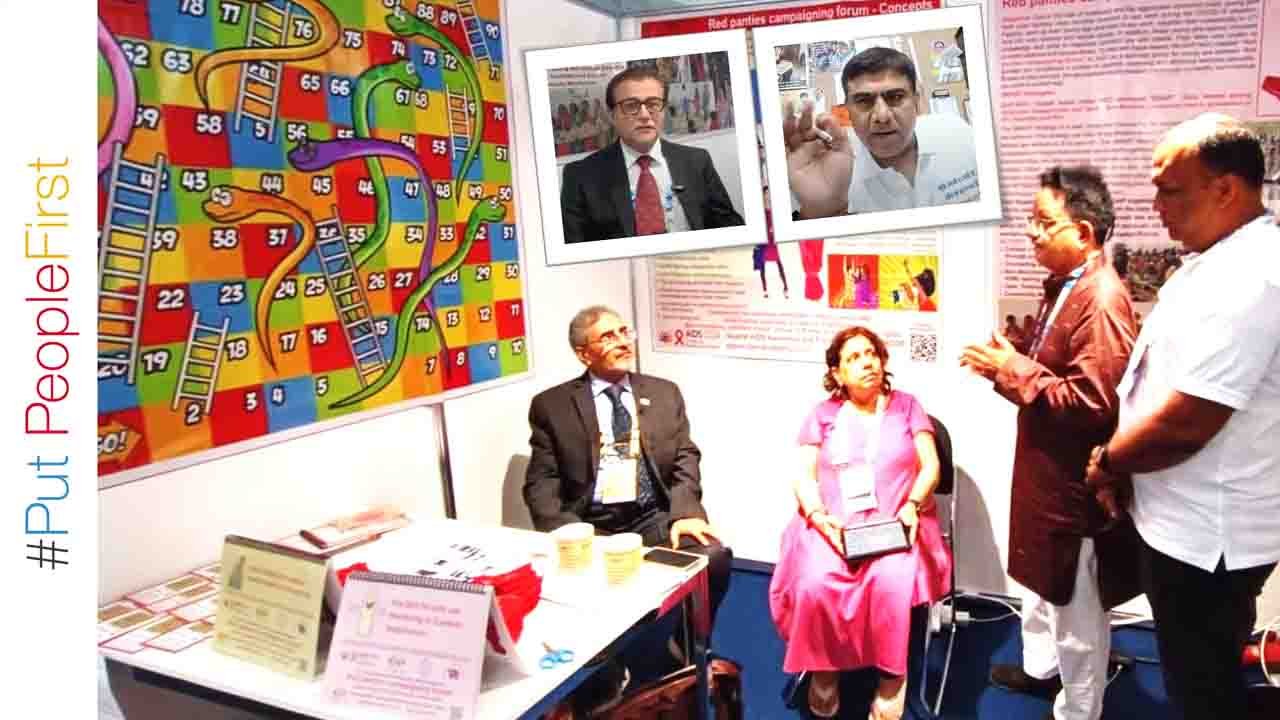Health
Pandemic cancer has slowed research
To the growing list of collateral damage of COVID-19, add another risk: cancer research.
A new study found that during the first infections last spring, the number of newly started cancer treatment studies dropped by 60%.
“In short, the first wave of COVID has slowed scientific progress in the field of health-related diseases,” said Dr. Elizabeth Lamont, senior medical director and study author at Acorn AI in Boston.
The discovery was made after reviewing data collected by the Medetta Enterprise Data Store, which accounts for 30% of all cancer research.
The team extended all new cancer studies launched between January and May 2020, when the epidemic began. This compares with the numbers withdrawn over a comparable period of time in the previous four years.
Uptown: 1,249 studies were initiated prior to infection, averaging 312 studies per year. Researchers report that the onset of the infection was compared with only 191 studies.
The good news is that recently, “our ongoing monitoring and research suggests that [cancer] testing may have picked up early,” Lamont said.
However, Dr. Richard Shilsky, chief medical officer of the American Society of Clinical Oncology, warned that the research, which was published Wednesday at the Jama Network Open, was “only part of a disturbing story.”
“This study calls for a large reduction in the initiation of new tests during an outbreak,” Shilsky said. “But it says nothing about the number of cancer tests that have been discontinued, discontinued, or the enrollment rate has dropped significantly. In fact, the number of ongoing trials is past. The spring drop was 50%.”
Why? Lamont said his study was “not designed to find the cause of the decline at the beginning of the oncology test”.
But Shilsky pointed to “a variety of factors” that occur in the game.
“Sure, social foresight is a part of it,” he said. “Especially when you talk about unsafe cancer patients. Many patients are panicked. Study treatment has not been proven, and many patients do not want to be at risk for COVID to receive unsafe treatment.
But Shilsky said the problem is largely a matter of staff.
“When the epidemic peaked in March and April, scientists were not yet able to adopt their policies to work safely. Many research workers were sent home for their safety, and some scientists – Clinical. Drag.
The second problem is that much of the non-COVID related health care industry is closed.
“Most tests need to support clinical trials,” Shilsky said. “For example, the biopsy in the traditional radiology suite. But a lot was put on it. Also, research studies are sometimes considered ‘alternative approaches’ and they went first.”
He agreed with Lamont that the cancer research scene was continuing despite the epidemic.
Lamont said, “Research and development are embracing the ongoing challenges of COVID-19, which is a cause for great optimism.”
Connecting patients via telemedicine is, when possible, a major change. It also supports custom control support to facilitate such changes.
The name of the adaptation game, Shilsky agreed.
“For example, the American Centers for Disease Control and Prevention have changed their policies so that they can work more securely, allowing research staff to fulfill their responsibilities working from home, until they have access to medical records and electronic data capture. The system needs sponsors. Start editing.
Yet there is no doubt that the epidemic has occurred in large numbers, Shilsky warned.
“Some tests have never started and may never happen. Some sponsors may leave them. Many will restart, if they have not already, they will be lost within months of being registered. And the results will be delayed. .




